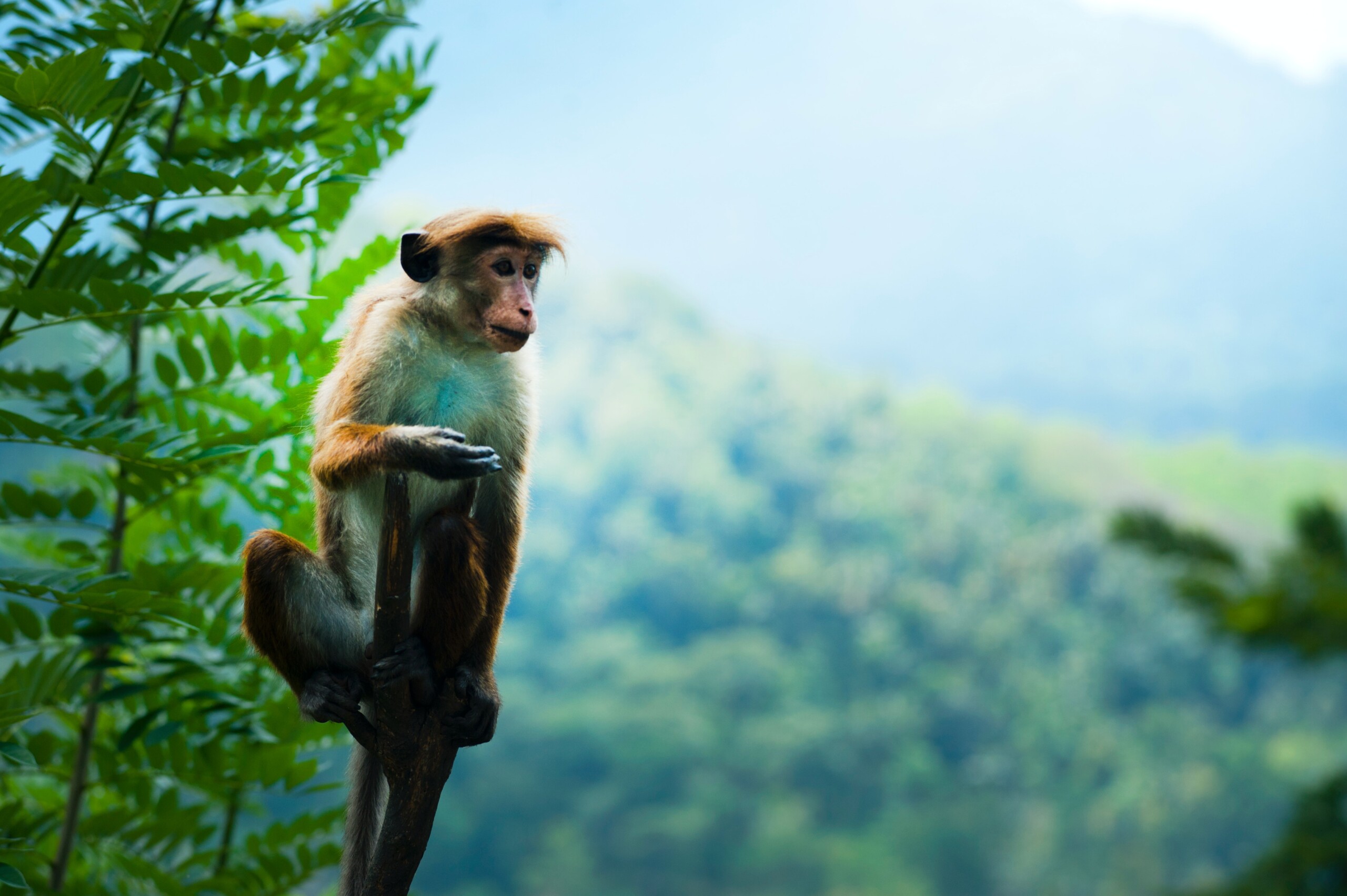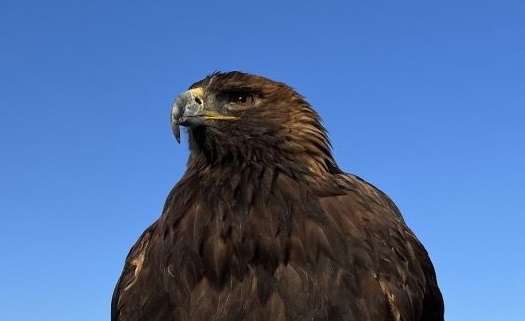
The World Organisation for Animal Health provided training for participants on pandemic preparedness. This was directed towards tackling the potential threat to both animal and human health from emerging diseases, with enhanced cross-sectoral One Health collaboration and capacity to improve pandemic preparedness in the Asia and the Pacific region.
As evidenced by the COVID-19 pandemic, there is a need to increase country and regional pandemic preparedness to mitigate the impacts of future pandemic events in the Asia and the Pacific Region. Due to the potential threat to both animal and human health from emerging diseases, it is important to enhance cross-sectoral One Health collaboration and capacity to improve pandemic preparedness in the region.
This training highlighted key aspects for laboratory work that supports surveillance in wildlife and identification of emerging pathogens. Disease transmission risks and their mitigation along the wildlife supply chain were discussed. Topics covered included biosafety measures and sample transport mechanisms, and risk management strategies involving wildlife.
The objectives of the training were:
The workshop comprised a combination of presentations and interactive sessions. Participants from animal health (including many WOAH Focal Points for Wildlife), public health and the environment sectors across the Asia and the Pacific region participated in person and online. Online observers were able to join for presentation and discussion sessions.
This workshop was organised thanks to funding from the European Union, the Japan Trust Fund and Australian Government, with generous logistical support of the National Institute for Environmental Studies in Japan.
Date: 9 – 11 December 2024 (Monday – Wednesday)
Time: 9am – 5pm (Japan Standard Time)
Agenda and Presentations: PDF
* Photo courtesy of Lesa Thompson
Video: Avian influenza threatens wild birds across the globe
Video: Tuberculosis in wildlife



